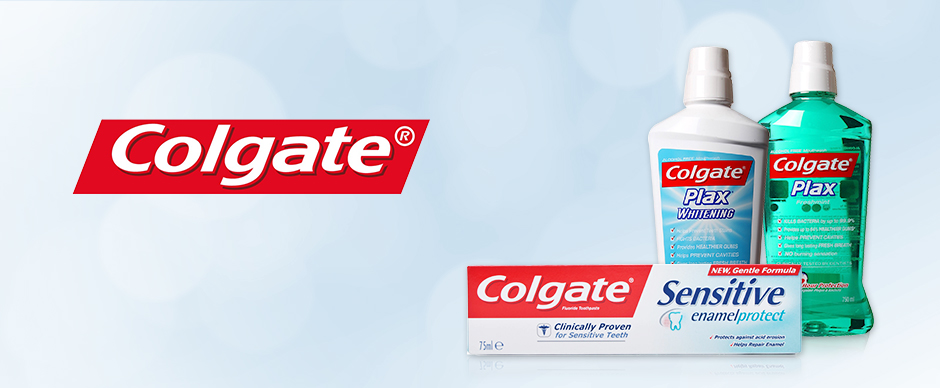
All you need to know about sensitive teeth
Around 53% of adults suffer from sensitive teeth in varying levels. For some, it is simply an occasional annoyance, however for others it can be a daily problem. Sensitive teeth, also known as “dentine hypersensitivity”, can be identified as a short, sharp pain in the teeth when you eat or drink something particularly hot or cold like ice cream, cold water or hot tea. If you think you may be suffering from sensitive teeth, take a look at some of the information below for all you need to know about what it is, what causes it and how it is treated.
What is tooth sensitivity?
Underneath the protective enamel layer, is the underlying root surface of the tooth called dentine. It is the layer that immediately surrounds the nerve and is protected by the enamel and gums. Tooth sensitivity is caused by the gradual exposure of the dentine that is filled with tiny tubes that lead to the nerve. These tubes are filled with a fluid and hot or cold food and drink can cause a change in this fluid, which can result in a reaction from the nerve endings that trigger a sharp pain in the tooth. Over time, as enamel gets thinner and gums recede, the dentine is exposed and leaves your teeth feeling sensitive.
What causes tooth sensitivity?
There are many different factors that can lead to a weakening of the enamel and exposure of the dentine including:
- Gum recession - when the gums begin to recede from the teeth and leaves exposed dentine. It is a common problem in people over the age of 40 and can be a result of gum disease or harsh brushing.
- Brushing - brushing incorrectly can damage your gum tissue and vigorous brushing can result in receding gums that reveal exposed dentine underneath.
- Abrasive toothpaste - can cause a thinning of the enamel, which leaves the dentine with little protection.
- Gum disease - swollen, sore or infected gums lead to gum recession, which is a top cause of sensitivity. Gingivitis is the beginning of gum disease and when it is left untreated it can lead to periodontitis. One of the top symptoms of periodontitis is sensitive teeth.
- Teeth grinding - a lot of people are unaware that they grind their teeth as it can occur during sleep. Teeth grinding or clenching can wear down enamel and leave dentine exposed.
- Acidic drinks - fizzy drinks and some fruit juices are known to cause heavy enamel erosion.
- Chipped or fractured tooth - usually characterised by sharp pains due to biting pressure.
Colgate Sensitive Pro-Relief:
Although it is a common problem, tooth sensitivity can be managed thanks to the Colgate Sensitive Pro-Relief range that is specially tailored to taking care of sensitive teeth. Ordinary toothpastes for sensitive teeth work by simply numbing the pain, however this means that pain triggers can still reach the nerves through the dentin tubes. Colgate Sensitive Pro-Relief however, contains a Pro-Argin formula that works by plugging and sealing the dentin tubes that can help to block pain triggers for instant and long-lasting relief from sensitivity.

